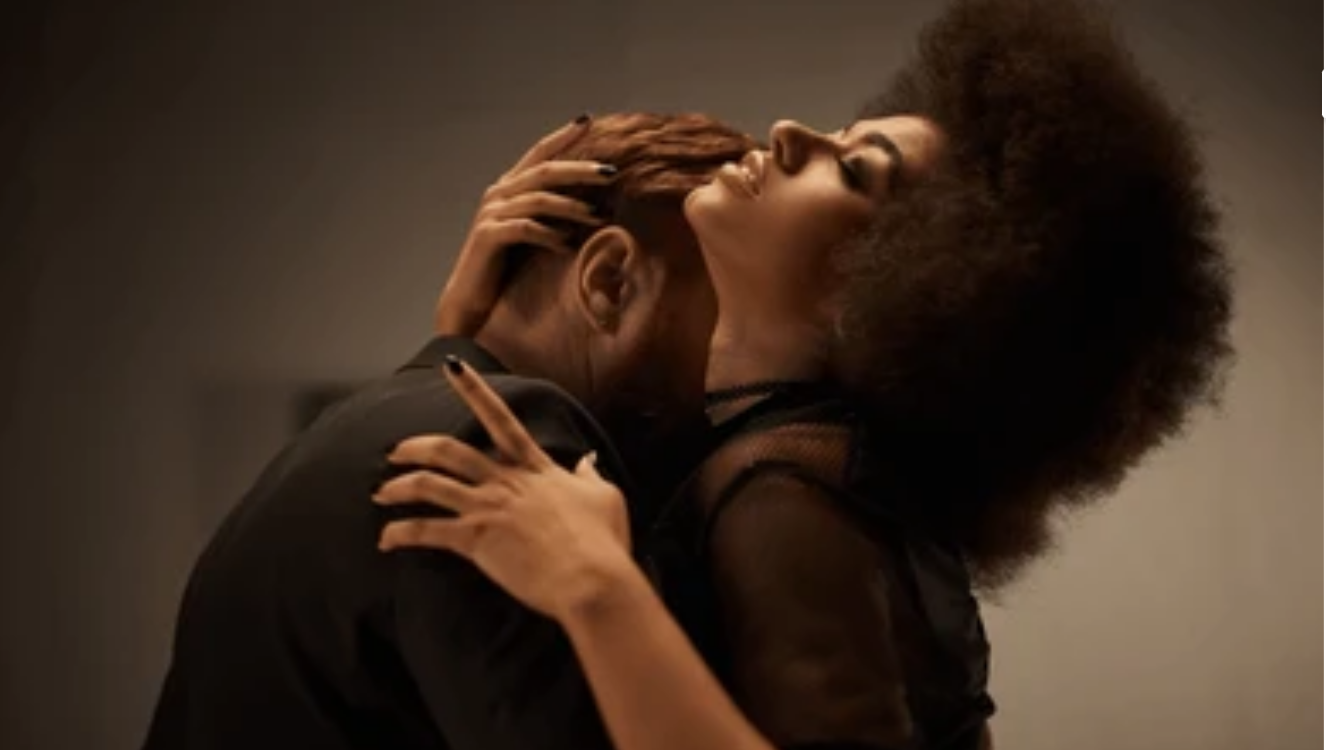You’ve probably heard all kinds of myths and misconceptions about hickeys and different skin tones. Can Black people get hickeys? The answer might surprise you. Let’s dive into this intriguing topic and bust some myths while we’re at it.
1. Understanding Hickeys

Hickeys, also known as love bites, are bruises that appear on the skin after someone sucks or bites it hard enough to break small blood vessels. These broken vessels cause blood to pool under the skin, creating a red or purple mark.
How do hickeys form?
When someone sucks or bites your skin, it creates a vacuum that breaks tiny blood vessels called capillaries. The blood from these vessels leaks out and gets trapped under the skin, forming a bruise. This is what we see as a hickey.
The science behind hickeys and skin
Hickeys can happen to anyone, regardless of their skin tone. However, they might look different on different skin tones. On lighter skin, hickeys usually appear red or purple. On darker skin, they might look darker or even black. The visibility of a hickey depends on how much blood is pooled under the skin and the person’s natural skin color.
Can Black People Get Hickeys
Hickeys can appear differently on different skin tones. On lighter skin, they often show up as reddish or purplish marks. On darker skin, hickeys might appear as darker patches or even black marks. So, can Black people get hickeys? Absolutely.
The visibility of hickeys on darker skin might vary, but it doesn’t mean they can’t happen. Factors such as the intensity of the suction, the individual’s skin sensitivity, and the natural color of the skin all play a role in how noticeable a hickey might be.
Personal Experiences and Anecdotes

Personal experiences vary widely when it comes to hickeys. Some people with darker skin tones might find that their hickeys are less noticeable, while others may see prominent marks.
For instance, a friend once shared how her hickey was hardly visible, blending in with her natural skin tone, while another found her hickey was darker and quite noticeable. The variations in hickey visibility are due to individual differences in skin tone and how the skin reacts to the pressure applied.
Medical Perspective
Dermatologists and medical professionals agree that hickeys can occur on any skin tone, including Black skin. The formation of a hickey involves the breaking of small blood vessels under the skin, and this process is the same regardless of skin color.
However, the healing process might vary slightly. On darker skin, the hickey might appear darker and take a bit longer to fade completely. Medical experts suggest that the key differences are mostly visual rather than physiological.
Prevention and Treatment

To prevent hickeys, one simple method is to avoid intense suction on the skin. Communicate with your partner to be gentle. If you do end up with a hickey, treating it promptly can help reduce its appearance. Applying a cold compress immediately after the hickey forms can minimize swelling and bruising.
For darker skin tones, concealing a hickey might require using a color-correcting concealer that matches your skin tone. Over-the-counter creams and home remedies like aloe vera or vitamin K can also help speed up the healing process.
Take Away
We’ve covered a lot, haven’t we? From understanding what hickeys are, to how they appear on different skin tones, and busting the myth about if Black people can get hickeys. Yes, they can, just like anyone else! It’s all about the science of skin and blood vessels.
If you’ve got any thoughts, stories, or tips on dealing with hickeys, drop a comment below. We’d love to hear from you! Let’s keep the conversation going.


